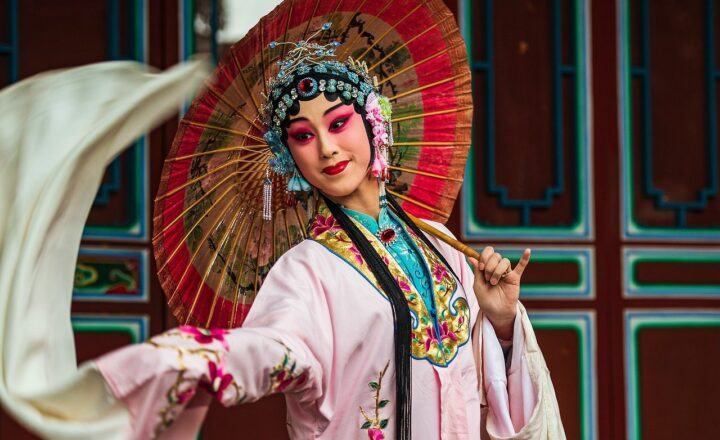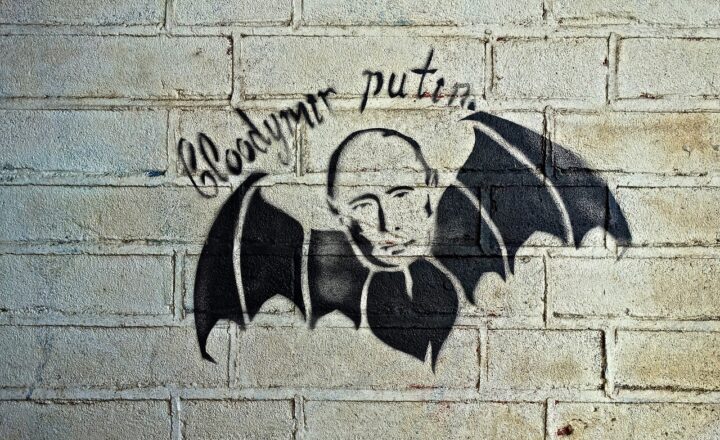Exploring the Dark Side of Pop Culture: How Controversial Figures Have Shaped History
November 17, 2024

Pop culture has always been a reflection of society, capturing the essence of current events, social trends, and collective sentiments. However, alongside its bright, entertaining surface lies a darker side, populated by controversial figures whose actions, ideologies, and legacies have shaped the landscape of history. In this article, we will delve into how these polarizing personalities have influenced pop culture, society, and history as a whole.
1. The Influence of Controversial Figures in Pop Culture
From musicians to actors to political figures, controversial personalities have played pivotal roles in shaping cultural narratives. These figures often evoke strong reactions, challenging the status quo and demanding a reevaluation of societal norms. Popularity does not always equate to positivity; sometimes it is the infamy that captures public attention.
Controversial figures in pop culture often:
- Challenge Social Norms: Icons like Marilyn Monroe and Madonna are known for breaking boundaries regarding sexuality and femininity.
- Fuel Political Discourse: Figures like Kanye West and Colin Kaepernick have sparked conversations around race, politics, and freedom of expression.
- Represent Cultural Shifts: Artists like Bob Dylan and public intellectuals like Noam Chomsky have influenced generations and shifted public opinion on essential topics.
What draws people to these figures can be attributed to their ability to express opinions that resonate with personal beliefs or highlight uncomfortable truths.
2. The Impact of Music Icons on Society
Music has historically been a powerful channel for dissent and protest. Artists like Tupac Shakur and John Lennon have not only shaped music genres but have also become cultural symbols during times of upheaval.
– **Tupac Shakur:** Known for his poignant lyrics addressing issues like systemic racism, poverty, and violence, Tupac has remained a voice for marginalized communities. His life and untimely death raised awareness about violence within the music industry and society at large.
– **John Lennon:** As a member of The Beatles, Lennon’s music advocated for peace and love, while his solo career tackled controversial issues such as war and civil rights. His infamous protest against the Vietnam War through music and public appearances elicited a significant cultural movement.
These artists illustrate how music can be a powerful tool for societal change, serving as both an inspiration and a call to action.
3. Actors Who Transcended Their Roles
Some actors have sparked controversy due to their roles or off-screen behavior. Their capacity to influence public perception goes beyond their films.
– **Charlie Chaplin:** His comedic genius contrasted sharply with the political climate of his time. Questioning societal norms through satire, his works often highlighted class struggles. Chaplin faced significant backlash for his communist sympathies, demonstrating how an artist’s political affiliations can shape their legacy.
– **Harvey Weinstein:** Once a titan of Hollywood, his fall from grace due to sexual misconduct allegations has ignited the #MeToo movement, reshaping discussions around consent and abuse in the entertainment industry.
These figures showcase the fine line between an artist’s public persona and private actions, emphasizing the lasting effects they impart on societal values.
4. Political Figures as Pop Culture Icons
Political figures often become larger than life within pop culture, shaping ideologies and beliefs. Their controversial actions can radically alter public discourse.
– **Donald Trump:** His presidency sparked debates on racism, immigration, and civil rights, polarizing American society. Whether through social media or political rallies, Trump’s ability to command attention has made him an influential figure in both politics and pop culture.
– **Emma Watson:** Though she is known primarily for her acting career, Watson’s advocacy for gender equality through the UN Women’s HeForShe campaign emphasizes how celebrity status can amplify critical social issues.
Such individuals demonstrate that the intersection of politics and culture can either empower or divide the populace, often serving as a catalyst for larger movements.
5. The Role of Social Media in Amplifying Controversies
The rise of social media has transformed how we engage with controversial figures. Platforms such as Twitter, Instagram, and TikTok allow for immediate dialogue and dissent, shaping public discourse in unprecedented ways.
– **Cancel Culture:** This phenomenon embodies the public’s response to perceived transgressions by individuals in the public eye, often leading to severe backlash against celebrities for past actions or statements. This practice can obliterate careers but also promotes accountability.
– **Influencer Impact:** Social media influencers can quickly sway public opinion, emboldening or undermining controversial figures. Their ability to propound or defame has altered the landscape of celebrity in modern culture.
This duality of social media has reshaped the relationship between celebrities and the public, making it imperative for figures to navigate their influence carefully.
6. Conclusion: The Enduring Legacy of Controversial Figures
While pop culture often celebrates the glamorous and the entertaining, it is crucial to recognize how controversial figures have left indelible marks on society. Their legacies prompt us to confront uncomfortable truths, challenge prevalent ideologies, and inspire social change.
From artists to politicians, the narratives shaped by their actions continue to resonate within contemporary discourse. As followers of pop culture, we must critically assess the implications of our admiration for these figures, understanding that the power of influence can shape societies for better or worse.
Controversial figures in pop culture illustrate that history is rarely black and white; instead, it is a fusion of perspectives, ideologies, and artistic expressions that reflect the complexities of human experience.








